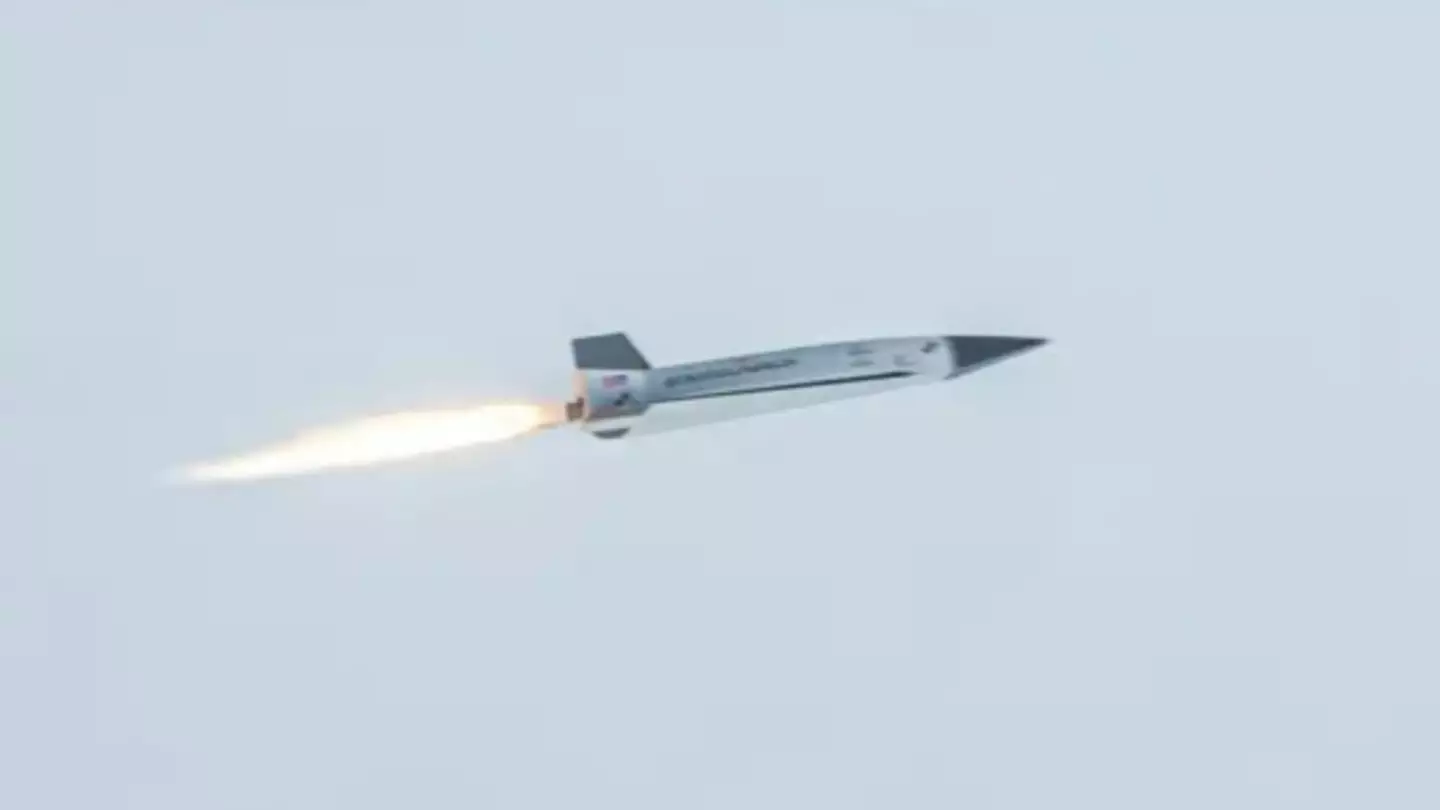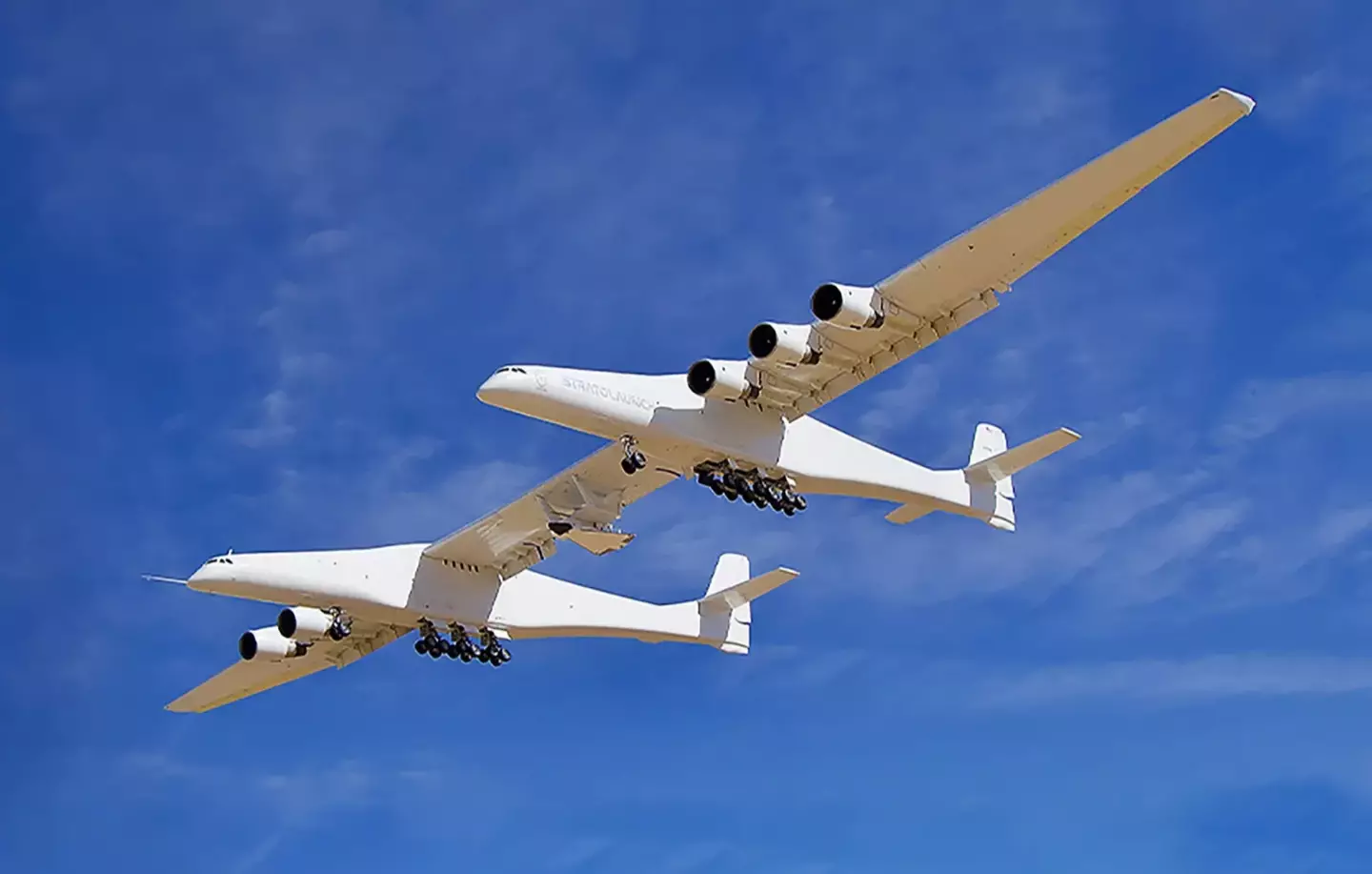
Travelling around the world may be about to get a whole lot more efficient as one company completes a successful test flight for an experimental hypersonic plane.
When you imagined the year 2025 as a child, you probably thought of our future would be full of hoverboards, flying cars and travelling around the world at super-speed.
And, after years of disappointment, there may actually be light at the end of the tunnel in regards to mega efficient international travel, as one company has just completed a successful test of a plane which is able to make it around the globe in a mere seven hours.
So what exactly happened — and is flying to New York going to become as convenient as nipping to the shops within our lifetime?
Advert

According to documents released yesterday (5 May) by the Pentagon, US aerospace start-up Stratolaunch had successfully completion of two hypersonic test flights with their reusable Talon-A vehicle. The first flight was completed back in December 2024, followed by a second flight in March 2025.
A report from Flight Global explains how to the super-fast jet was launched from Stratolaunch's aircraft Roc, a mammoth sized jet which boasts a 385 feet (117 metre) wingspan and double fuselage.
Both tests saw the Talon-A vehicle released over the Pacific Ocean, with the aircraft then achieving a speed greater than Mach 5 - a speed which is equivalent to five times the speed of sound and considered the lower threshold for hypersonic travel - before landing at California's Vandenberg Space Force Base.
The high-powered jet was able to reach a top speed of 3,800 mph, which means it could theoretically circle the globe in seven hours (per The Sun).
To put that into perspective, the BBC Sky at Night magazine notes that your average commercial passenger plane travels at an average of 575-600 mph and would need 42 hours to make it around the world.

So you can see why the idea of hypersonic flight is pretty appealing.
Two successful completions of the test also suggests a promising future for further testing, with Stratolaunch CEO Dr Zachary Krevor telling Aerospace Testing International: "We’ve now demonstrated hypersonic speed, added the complexity of a full runway landing with prompt payload recovery and proven reusability."
Stratolaunch isn't the only company dabbling in hypersonic travel either, with ambitious companies such as Venus Aerospace and Boom Technology also dabbling in super-powerful aircraft.
The only downside? It's unlikely that we'll ever see hypersonic flight in our lifetimes — and if we do, then it's unlikely any of us will be able to afford it anyway.
Topics: Travel, World News, Technology